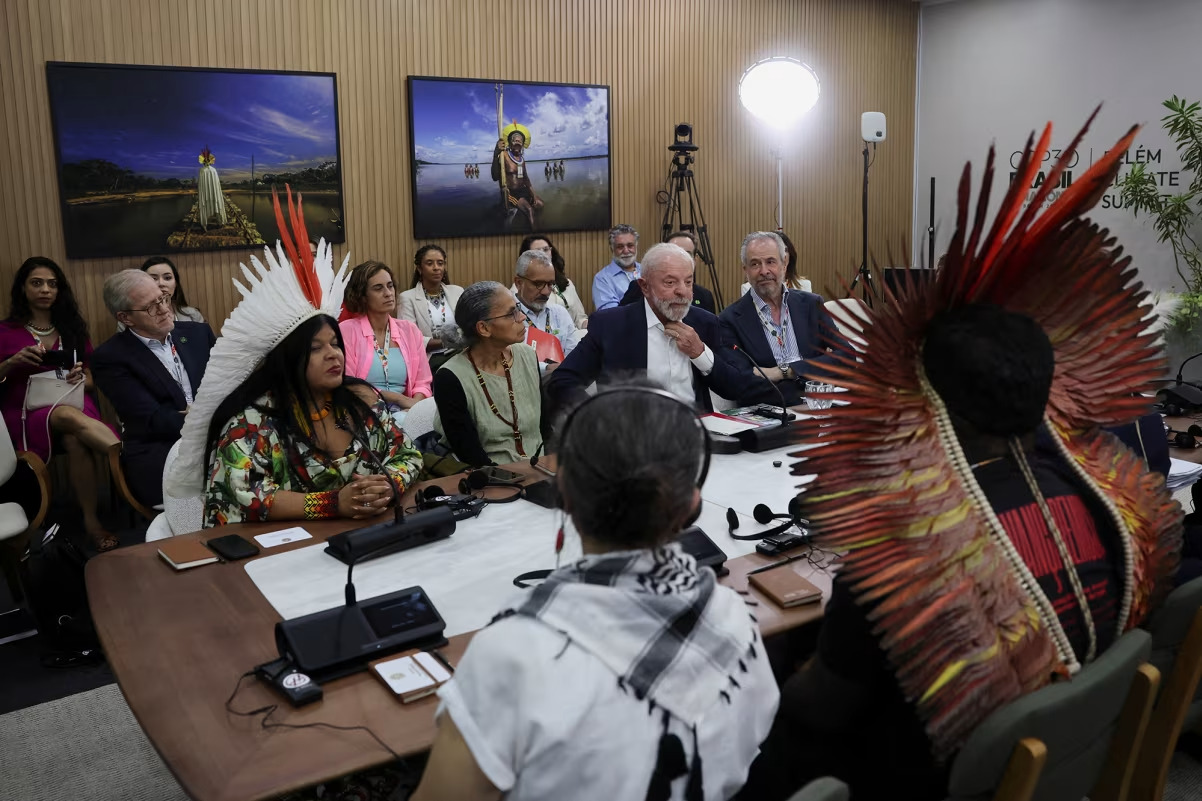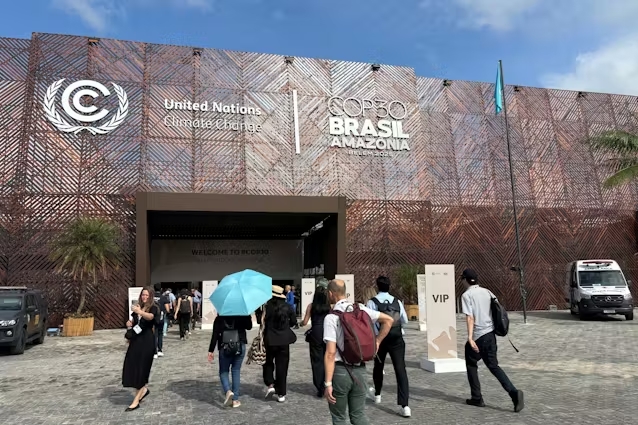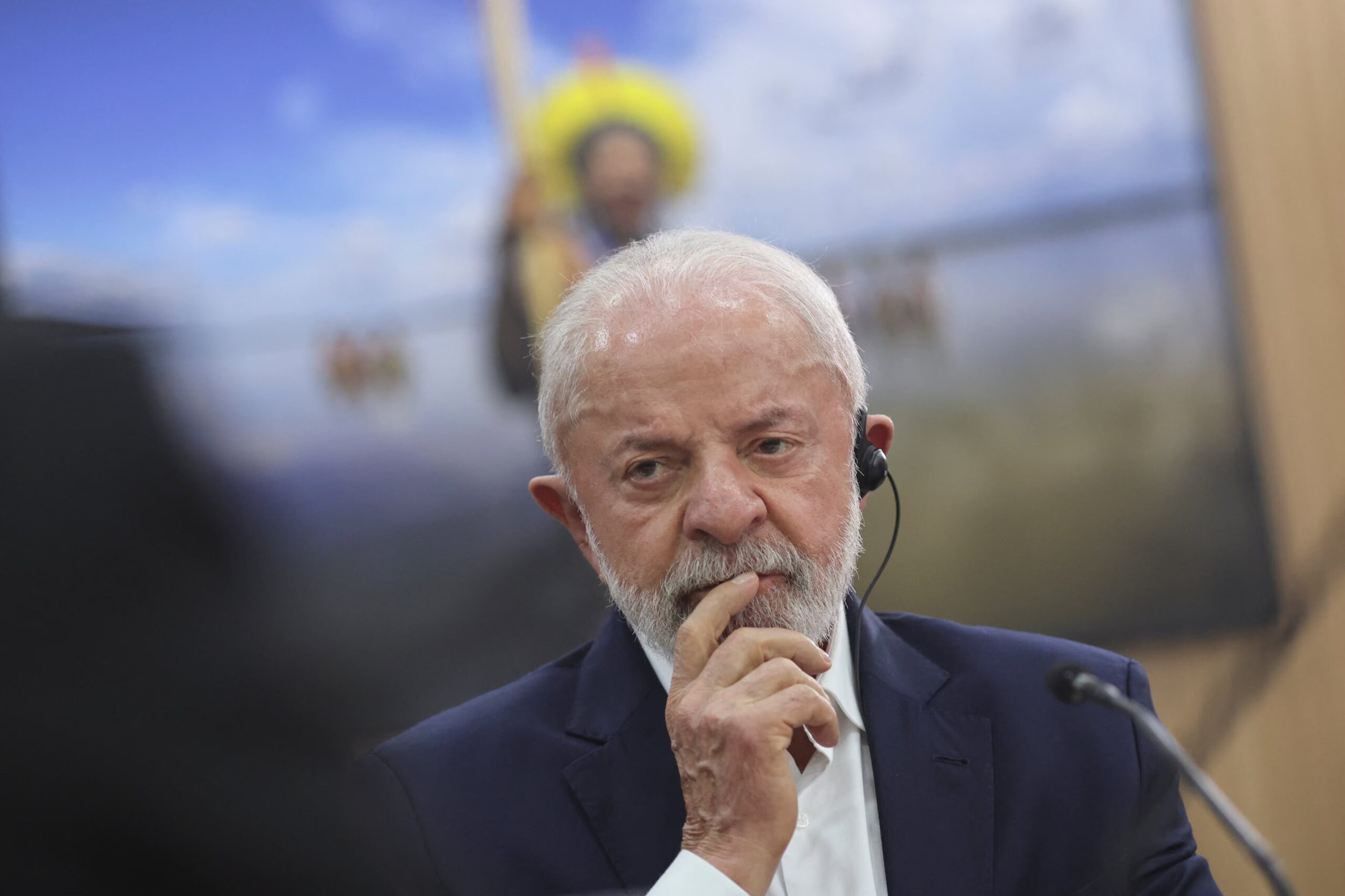COP30 Belém Agreement: Light and Shadow

TEXT : Cristpher Anderson
The COP30 summit held in Belém, Brazil, reached a historic agreement to triple global funding for climate adaptation, despite fierce clashes among participating nations. Yet the roadmap for phasing out oil, coal, and gas—long considered the core of global decarbonization—failed to gain consensus, leaving a sense of uncertainty hanging over the summit. Was this agreement truly a step forward, or merely the result of political compromise?
The Amazon gateway city of Belém served as the tense backdrop for COP30. With humidity as heavy as the atmosphere of negotiation, more than 190 national delegations engaged in discussions that stretched beyond two weeks. Around the world, climate-related disasters continue to escalate—floods, droughts, and forest fires—making adaptation an urgent priority, particularly for developing nations.
Against this backdrop, the agreement included a provision to triple adaptation funding, supporting countries as they strengthen measures to cope with climate impacts. This marks significant progress in COP history, yet reaching this outcome was far from smooth.
As negotiations approached their final phase, disagreements peaked. The possibility of a “no‑deal collapse” was widely reported. The core fault line centered on how clearly the agreement should document the phaseout of fossil fuels.

The greatest “shadow” of the summit was the failure to obtain agreement on a clear roadmap for phasing out oil, coal, and gas.
Dozens of countries pushed strongly for explicit commitments to phase out fossil fuels. European nations and small island states—whose very survival is threatened by climate change—pressed for uncompromising language.
Conversely, resource‑exporting and emerging economies argued that a rapid transition could hinder their economic growth. Concerns over global energy instability added further resistance, leading these nations to call for a more gradual shift.
Ultimately, the final document omitted explicit references to “phaseout” or “phasedown,” highlighting the persistent political barrier hindering global decarbonization.
Was COP30 a failure? Not necessarily. The tripling of adaptation funding represents a meaningful victory for nations already suffering the frontline impacts of climate change.
Climate policy discussions frequently emphasize mitigation—reducing emissions—yet investments in adaptation have long lagged, despite becoming increasingly essential. Developing nations, in particular, have urged expanded support for resilient agriculture, flood control, and infrastructure. The funding gap has been severe.
By committing to a major increase in adaptation investment, the global community is beginning to confront the crisis as it exists today—not as a distant future threat.

Shortly past noon on Saturday, COP30 President André Corrêa do Lago announced the adoption of the Belém Agreement. Relief swept through the hall. Considering that a breakdown had been feared until the last moment, the agreement represents a “narrow landing zone,” a compromise shaped by geopolitical constraints.
Yet it also constitutes a postponement of crucial issues. Without addressing the heart of decarbonization, the agreement merely pushes the hardest decisions into future negotiations. And the world is running out of time.
COP30 leaves the world with a central question:
“Can global decarbonization advance while deep divisions persist?”
Climate impacts transcend borders, yet national interests remain sharply divided. How to handle fossil fuels, how to balance economic needs with environmental urgency—so long as these differences persist, negotiations will continue to stall.
The Belém Agreement is progress, but only minimally so. The crisis will not wait. Future COP summits will require not incremental advances but bold political breakthroughs.
Whether the international community can unite around a shared path forward remains the defining challenge of the decade ahead.
